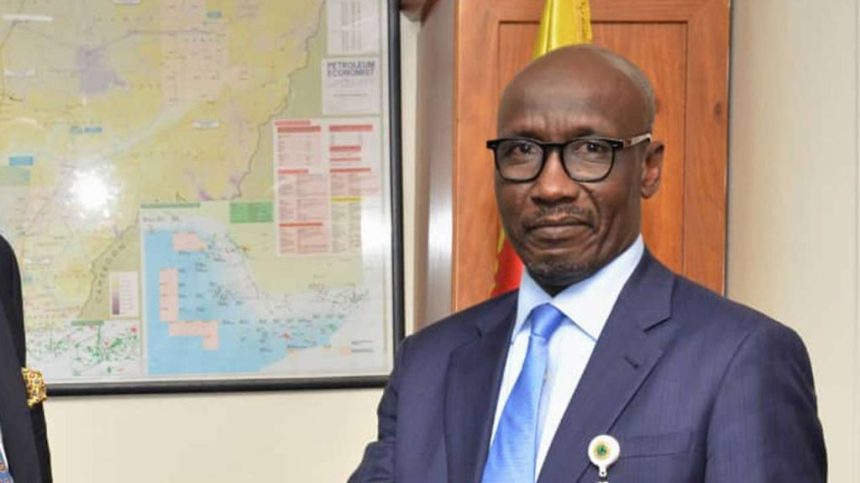The Economic and Financial Crimes Commission on Wednesday confirmed that it had granted administrative bail to the immediate past Group Chief Executive Officer of the Nigerian National Petroleum Company Limited, Mele Kyari.
Kyari had earlier appeared before the anti-graft agency in Abuja after being invited over allegations of a massive $7.2 billion fraud said to have occurred under his watch.
The funds, according to investigators, were earmarked for the rehabilitation and maintenance of Nigeria’s moribund refineries but were allegedly diverted.
The former oil chief was subjected to hours of interrogation by EFCC officials as part of ongoing investigations into what is shaping up to be one of the most high-profile corruption cases in recent years.
Sources close to the probe revealed that Kyari was questioned extensively about the whereabouts of the missing funds and the processes through which the money was disbursed.
Although he has not yet been formally charged, the EFCC insisted that Kyari would remain under close monitoring as investigations continue.
His administrative bail was granted with conditions, including restrictions on his movement and an obligation to make himself available whenever called upon by investigators.
The unfolding probe has already seen the Federal High Court in Abuja step in, with Justice Emeka Nwite ordering the temporary freezing of four bank accounts allegedly linked to Kyari.
The order followed an ex parte application by the EFCC, which argued that the accounts could contain proceeds of unlawful transactions tied to the alleged fraud.
Legal analysts note that the freezing of the accounts suggests the EFCC may already be tracing possible financial flows connected to the scandal.
This development could pave the way for asset forfeiture proceedings if prosecutors establish a clear link between the funds and the alleged diversion.
Meanwhile, public attention remains sharply focused on the case, given Nigeria’s long-standing struggles with corruption in its oil sector.
Many citizens see the EFCC’s move against Kyari as a litmus test for President Bola Tinubu’s anti-corruption agenda and a potential turning point in the fight to hold top officials accountable for financial mismanagement in the country’s most vital industry.
